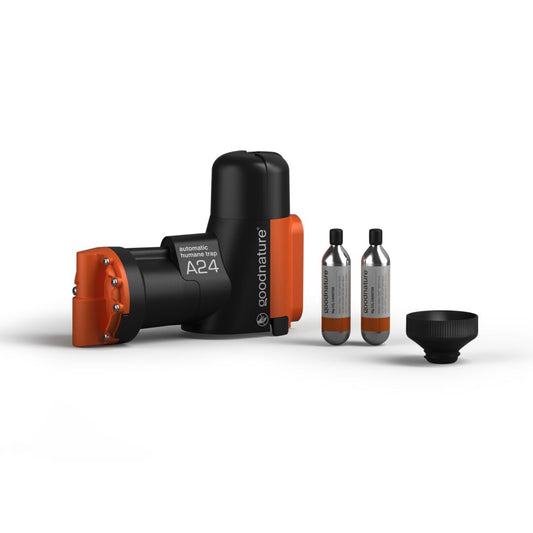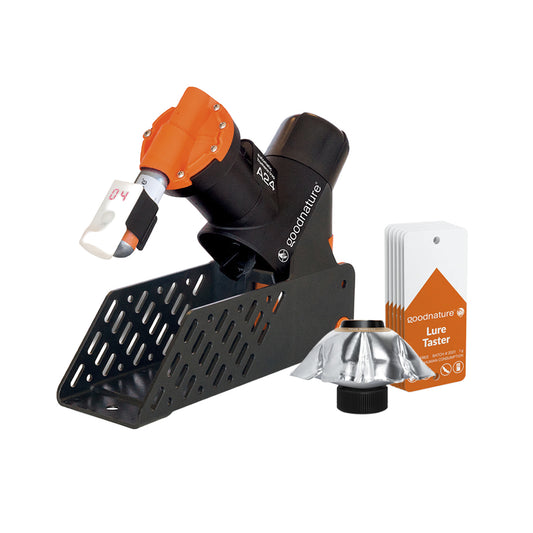
For centuries, Rats have been one of the most consistent nuisances in human beings lives. Wherever people make homes, rats are sure to follow. This relationship is however not mutually beneficial; rats gain shelter and food from humans and in return carry diseases and destroy food reserves in return. Just like human beings, these pests can survive in a wide range of places and climates. They are predominantly nocturnal and highly reproductive.
These little mammals are active all year round though some people think that rats hibernate during winter. This is a notion that stems from the fact that rats are less active when it’s cold. But they only reduce activity to manage their energy needs.
Though they do not hibernate and are not well equipped for the winter, there are some are survival habits used by rats in the winter. Such habits enable them to live and thrive right under our noses. In this article, we shall discuss the traits that help rats compensate for their inability to hibernate.
Winter Food Reserves
For rats to survive in the winter, they need to eat large quantities of food -at times double their usual amounts — to retain their body temperature. In autumn and sometimes even late summer, rats become more active. In this time of high activity, they gather and store as much food as they can in their burrows for the upcoming winter. Though they do not hibernate, they stockpile on food to reduce the need to leave the warmth of their burrows. Rats can eat just about anything. Garbage, clothes, nuts, seeds, vegetables included. That’s why it’s important to maintain high domestic hygiene standards to avoid any infestation.
Burrowing
Most rodents are notoriously good at digging tunnels, this also applies to rats. To get through the cold season, rats need a warm place to stay. In most cases, this will be a warm place like a home or outside shelters like barns. In case they cannot access your home, they will dig small burrows that can also work as a shelter. These holes are usually under walls and near natural gas or electrical lines going into your home. Even with a burrow, rats in the winter will continuously seek to find their way into your home. Be sure to find out the access points they can use. If necessary, rats can also dig into your home. They have the capacity to chew through lead, cinder block, aluminum, glass, brick, vinyl and even concrete in some instances.
Intelligence & Creativity
Rats are very intelligent rodents. They are capable of developing complex solutions to their challenges. Once they figure out how to navigate a route, they never forget it. They are smart enough to even recognize their names. Unfortunately for us, this intelligence is used to invade our homes and steal our food. These pests are known to find creative ways to achieve their goals. They can even work together to achieve a common objective. This intelligence makes rats very unpredictable and why exterminators and mousetrap manufacturers have to keep on developing innovative traps and methods to stop them.
Signs To Look For
Being nocturnal and very discreet, rats may sometimes go unseen for long periods. You may be living with them and not even know it. Here are the signs of a rat infestation to look for:
- The smell of rotten food coming from hidden areas — This smell could help you identify their hideout
- Rat droppings around surfaces where food is stored
- Small chewed out holes on walls and floors to create entry points
- Nesting materials such as fabric, shredded paper, and dried plant matter
The best way to keep rats away from your home is to create an undesirable environment for them. Some pointers to avoid an infestation before it even begins include:
- Emptying your garbage can regularly and ensuring the lid is always locked tight
- Keep your house and compound clean and well organized. Rats take advantage of disorganization to find hiding places
- Do not use open compost heaps
- Store poultry food in containers that can be sealed tightly
- If you have pets, leave only enough food for one sitting and only feed when your pet is ready to eat
- Plant mint in your compound and rub peppermint oils indoors where you have noticed rodent activity
- Keeping a pet like a cat can be a deterrent
- Buy reliable and humane mousetraps
- Hire a professional exterminator to help you deal with a serious infestations
It is no longer a question of whether rats hibernate during winter. These pests will continue to thrive even during the cold season. Though rats pose a genuine threat to our health and are a constant nuisance, the method you use to eradicate the infestation could have far-reaching consequences. Use of rodenticides and other poisons is dangerous and is discouraged. These substances pollute the environment and are just as harmful to other animals as they are to rats.
A Better Alternative
If you have been wondering whether rats hibernate during winter, you now have the answer. These small mammals have been around humans for a very long time. Their ability to learn and adapt makes it difficult to keep them away from our homes completely. There are different and more conservative yet effective methods to deal with infestations. Choose one that is best suited to get the job done without adversely impacting the ecosystem. A great option is the A24 automatic Rat & Mouse trap which you can purchase here. Contact Automatic Trap Inc today for more information.





